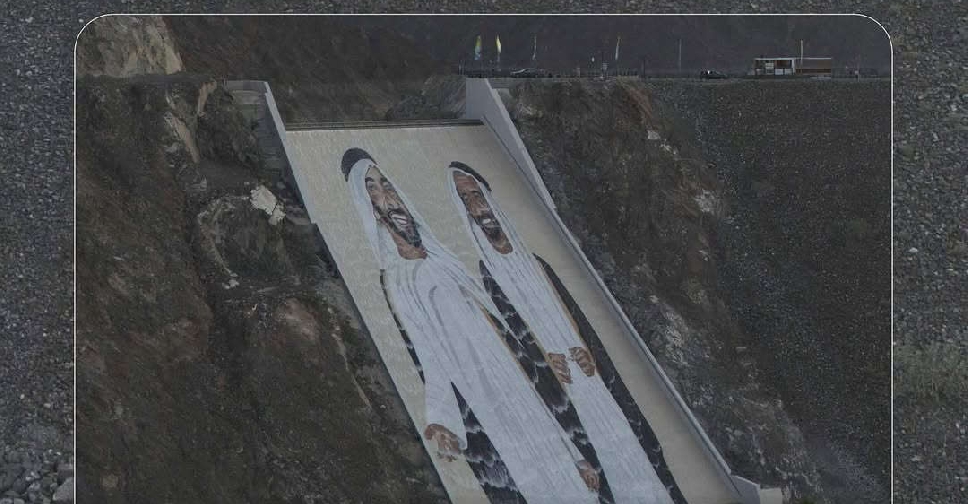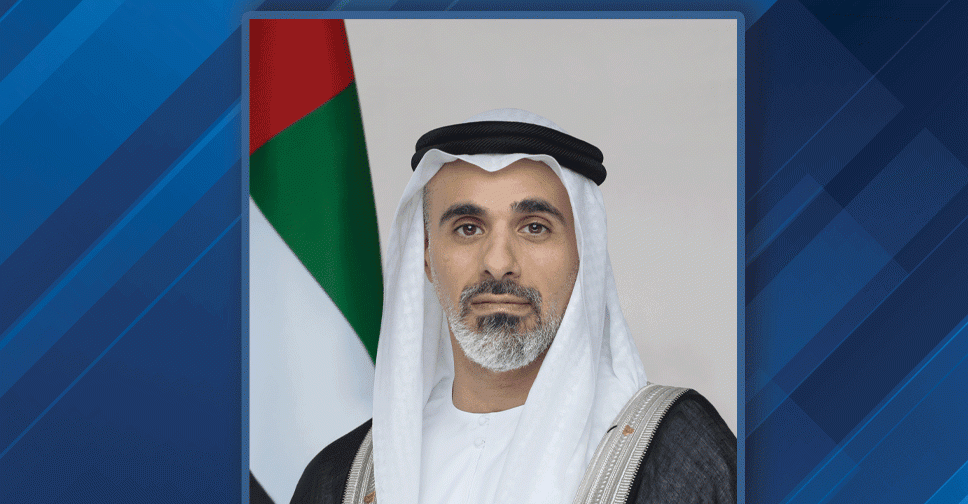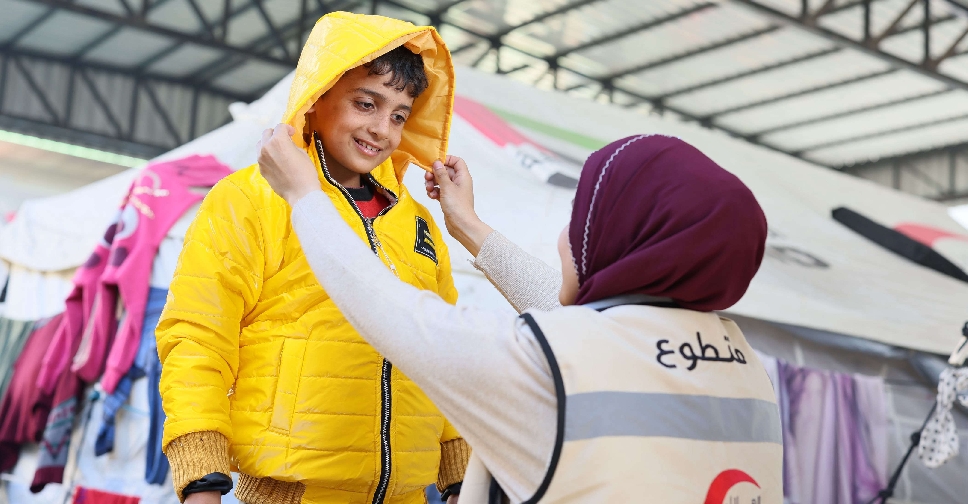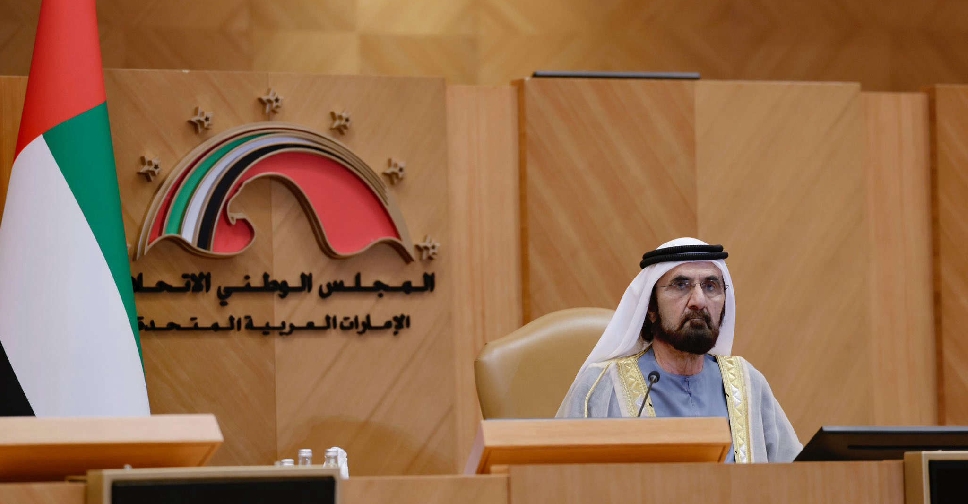
A volcano erupted on Monday in southwest Iceland, spewing lava and smoke across a wide area after weeks of intense earthquake activity, the country's Meteorological Office said.
Fearing a significant outbreak on the Reykjanes peninsula, authorities last month evacuated the nearly 4,000 inhabitants of the fishing town of Grindavik and closed the nearby Blue Lagoon geothermal spa.
"Warning: Eruption has started north of Grindavik by Hagafell," the Met Office said on its website.
Images and livestreams shown by Reuters and others showed molten rock spewing spectacularly from fissures in the ground, their bright-yellow and orange colours set in sharp contrast against the dark night sky.
The crack in the earth's surface was around 3.5 km long and had grown rapidly, the Met Office said.
Some 100 to 200 cubic metres of lava emerged per second, several times more than in previous eruptions in the area, Icelandic seismologist Kristin Jonsdottir told public broadcaster RUV.
Local police said they had raised their alert level as a result of the outbreak and the country's civil defence warned the public not to approach the area while emergency personnel assessed the situation.
Reykjavik's nearby Keflavik International Airport remained open, albeit with numerous delays listed for both arrivals and departures.
The Reykjanes peninsula in recent years saw several eruptions in unpopulated areas, but the latest outbreak could pose a risk to the Grindavik town, authorities have said.
The area had seen thousands of earthquakes in the last two months but the magnitudes had declined in recent week, leading some experts to think risk of an eruption had abated.
Reykjanes is a volcanic and seismic hot-spot southwest of the capital Reykjavik. In March 2021, lava fountains erupted from a 500-750-metre-long fissure in the ground in the Fagradalsfjall volcanic system.

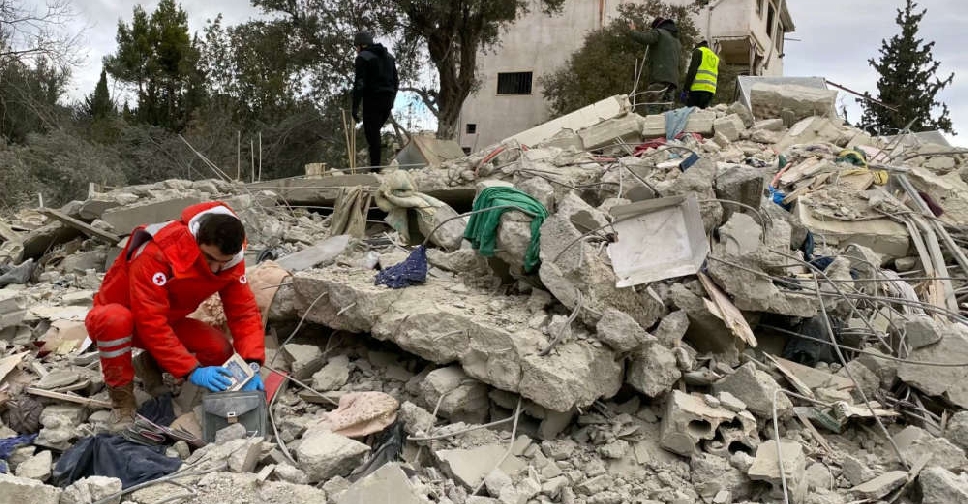 Israel says it's moving towards Lebanon ceasefire
Israel says it's moving towards Lebanon ceasefire
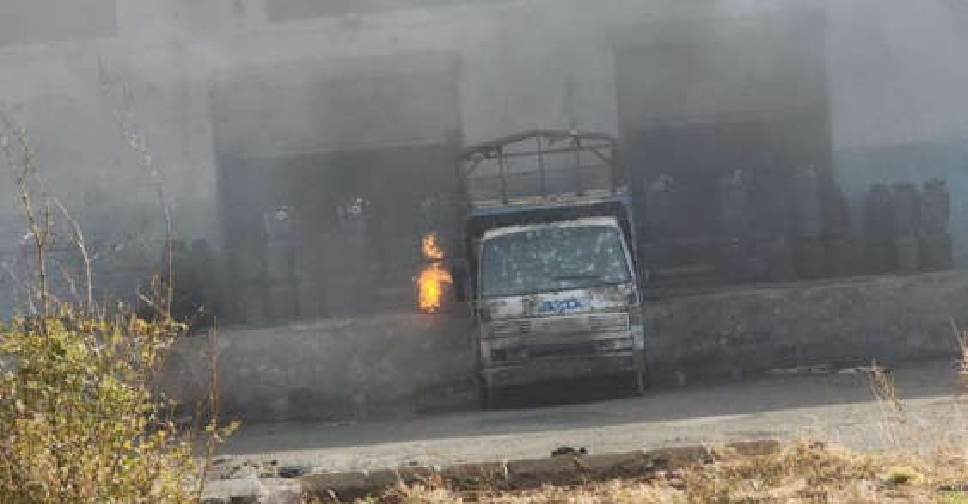 15 Turkish-backed fighters killed by Kurdish forces in Syria
15 Turkish-backed fighters killed by Kurdish forces in Syria
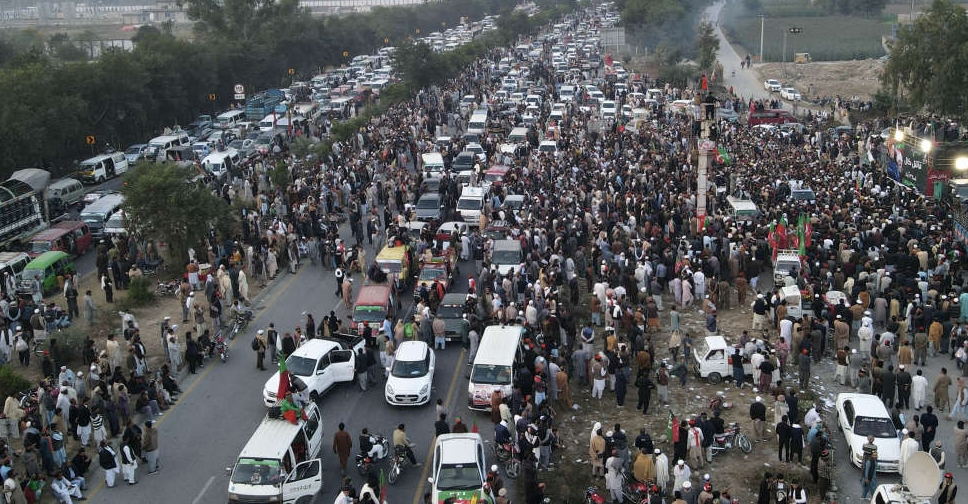 March demanding release of Pakistan's Imran Khan nears capital
March demanding release of Pakistan's Imran Khan nears capital
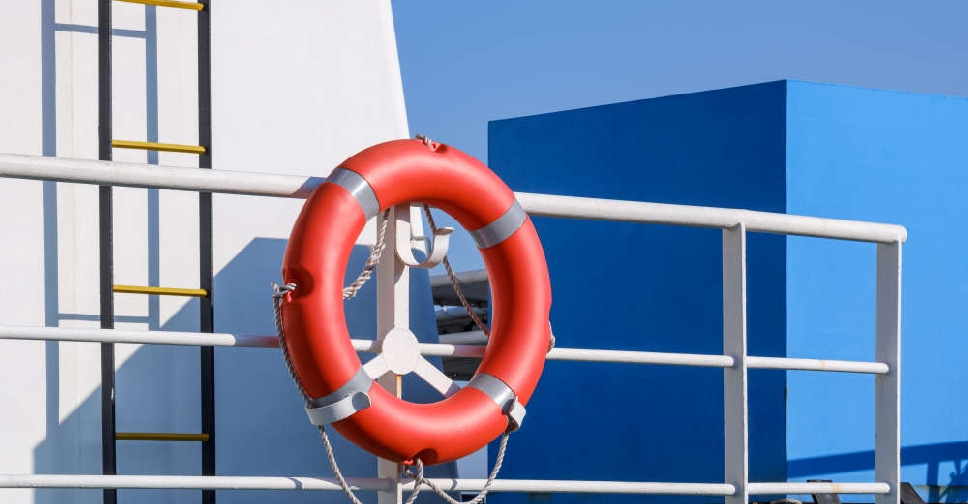 16 rescued after tourist boat sinks off Egypt's Red Sea coast
16 rescued after tourist boat sinks off Egypt's Red Sea coast
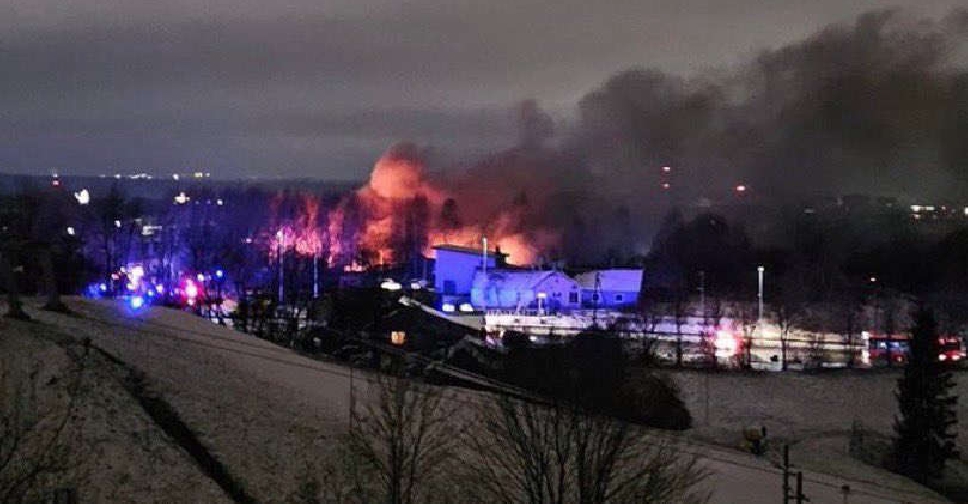 One dead, three injured in Lithuania cargo plane crash
One dead, three injured in Lithuania cargo plane crash
